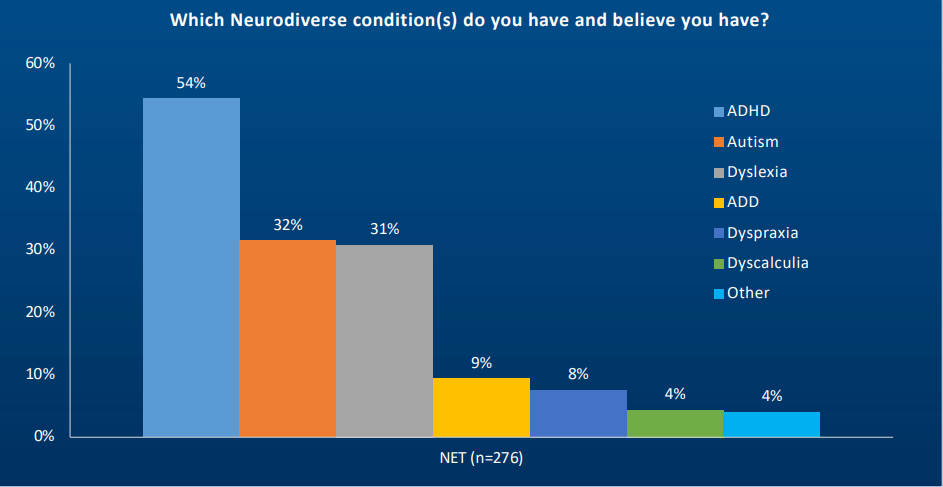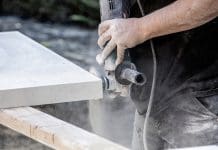A National Federation of Builders report also found that 54% of neurodiverse construction workers had ADHD, in a report that suggested attitudes are improving towards neurodiversity in the industry
Attitudes towards neurodiverse construction workers appear to be improving, according to the findings of a survey and report from the National Federation of Builders (NFB).
Neurodiversity is the term used to describe the different ways in which people’s brains function, learn and process information.
These alternative ways are not inherently better or worse, simply different from the percieved norm. It is also commonly used to describe a range of medical diagnoses.
Conducted in collaboration with CITB and the People’s Partnership, over a thousand UK construction workers were surveyed, revealing that:
- 1 in 4 construction workers consider themselves to have a neurodiverse condition
- ADHD is the most common neurodiverse condition among construction workers, accounting for 54% of all those neurodiverse workers
- 75% of construction workers say they were not asked about neurodiversity at hiring on onboarding, indicating a possible lost opportunity to offer support
The most common conditions amongst neurodiverse construction workers were:
- Autism, or Autism Spectrum Conditions
- ADHD (Attention Deficit Hyperactivity Disorder) & ADD (Attention Deficit Disorder)
- Dyscalculia
- Dyslexia
- Dyspraxia, or Developmental Coordination Disorder (DCD)

The majority of neurodiverse construction workers reported positive experiences
Over three-quarters(76%) of neurodiverse cosntruction workers said that their fellow workers dealt well with any issues that arose due to their neurodiversity, with only 2% saying responses were negative, indicating attitudes onsite are changing for the better.
80% of those surveyed who had informed their employer of their neurodiverse condition said that the employer had made reasonable adjustments to accomodate their needs, and 71% said their employer had provided additional support as well.
Interestingly, 34% of neurodiverse workers said that their condition made them want to work in construction more.
With a view to the wider industry, 67% of workers believe that the industry is able to support neurodiverse people, with only 11% disagreeing. Greater awareness and more training is still desired, by 43% and 35% of workers.
However, concerns about stigma and embarrassment remain
Around 36% of neurodiverse construction workers said that they had not told any of their colleagues, with 38% believing there is ‘no or not much empathy’ for neurodiverse workers.
Stigma is a significant concern; 35% of those who have not told anyone at work about their condition saying that it is because they do not believe it to be relevant, but an almost equal number (31%) have not said anything as they are worried about the stigma attached to their condition.
Businesses can work with healthcare trusts to offer greater support to their neurodiverse employees
Ian Talbot, Healix Health Services CEO, commented: “We work with several construction companies and appreciate that benefits like neurodevelopmental support are critical for the current and future employee.
“As a healthcare trust, we differ from traditional private medical insurance providers in that employers can craft the benefits that suit their workforce. We work very closely with businesses to understand the outcomes they are looking for, and work hard to understand the needs of individuals within their organisation.
“It’s concerning to see that over 30% of neurodiverse construction workers believe there is ‘no or not much empathy’ for neurodiverse workers. However, with 67% of workers believing the industry can support neurodiverse people, it’s clear that there is a space for employers to step in, particularly at a time when NHS waiting lists have reached record levels.”
You can read the report in full here.

















